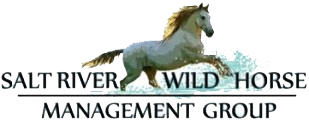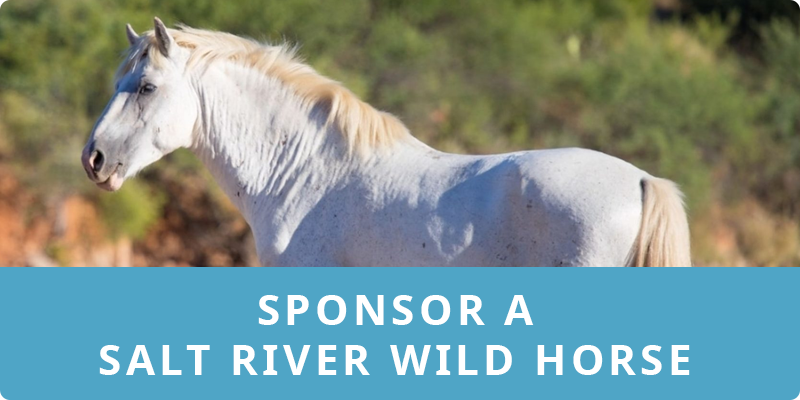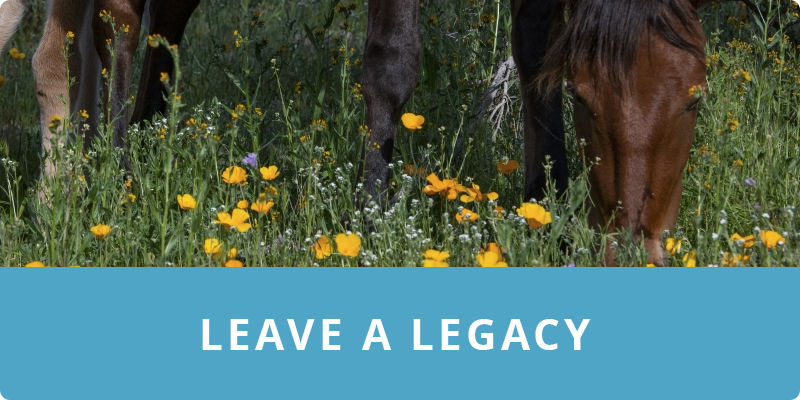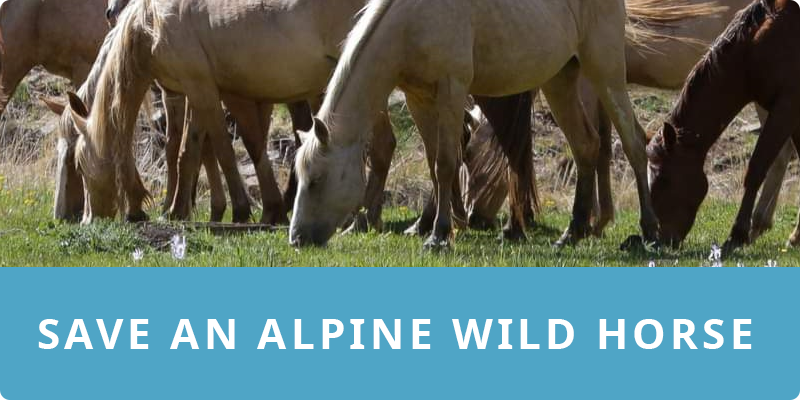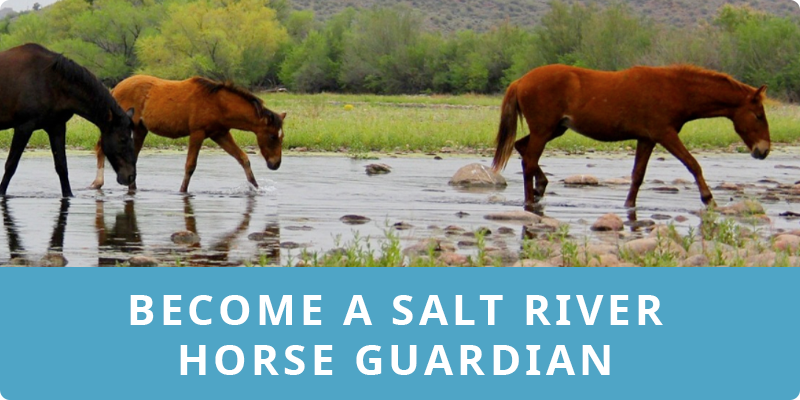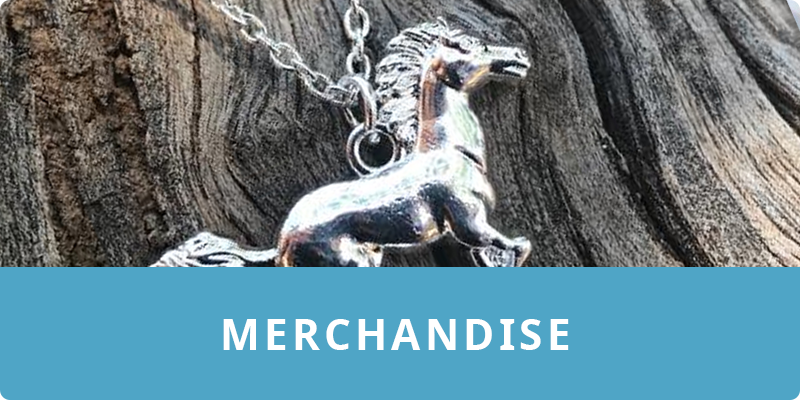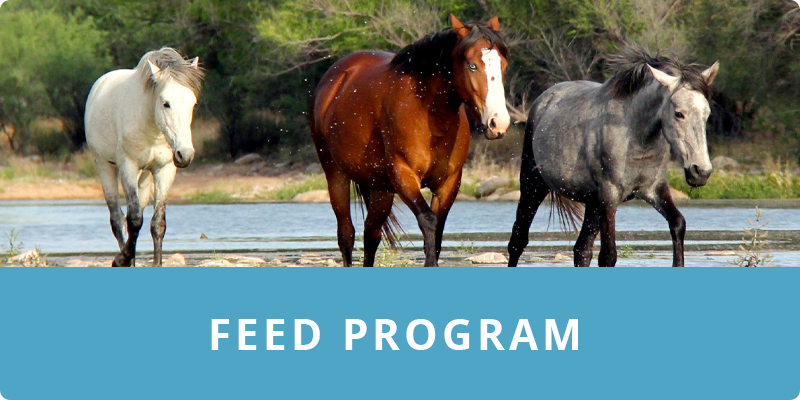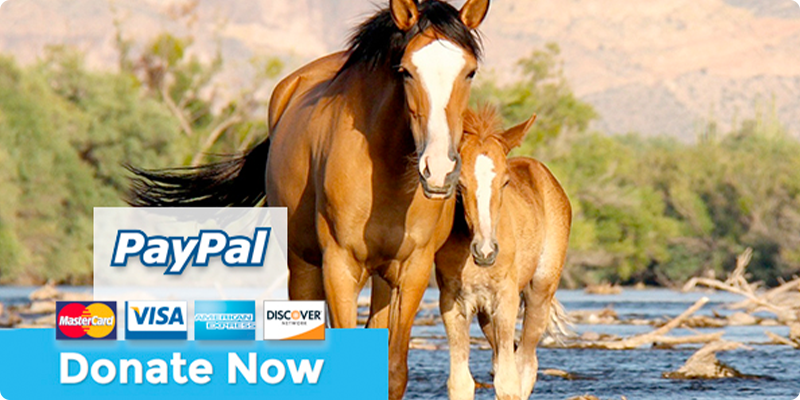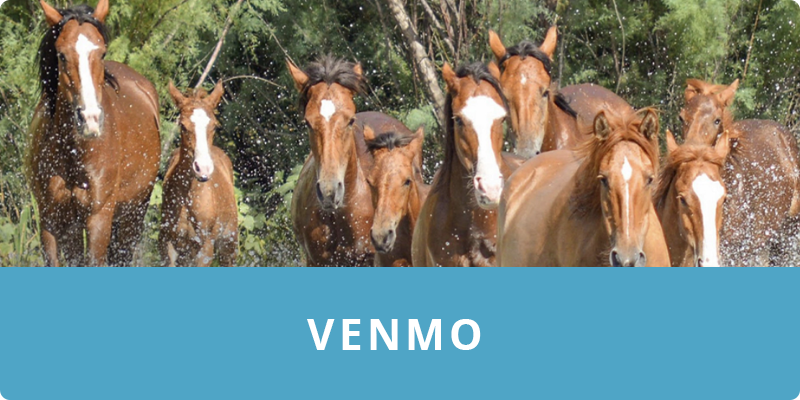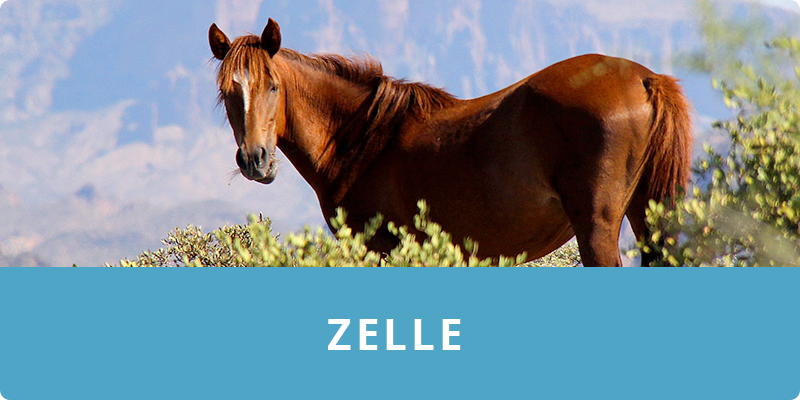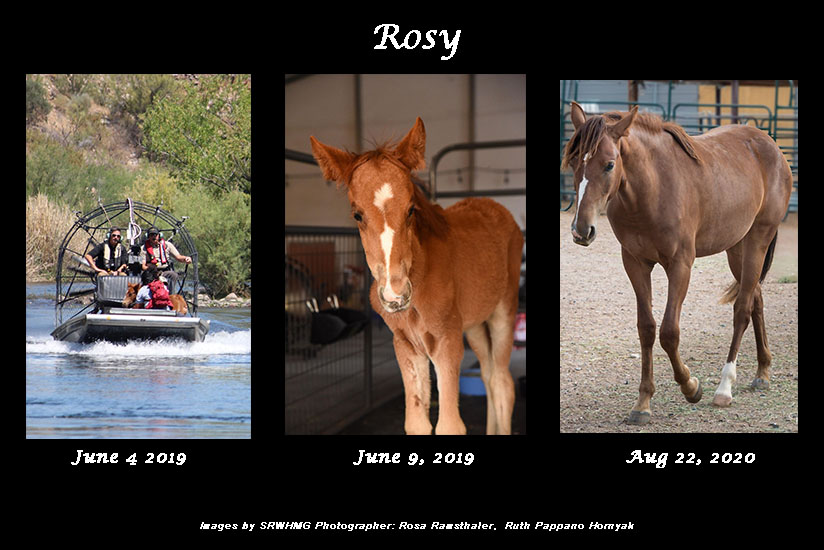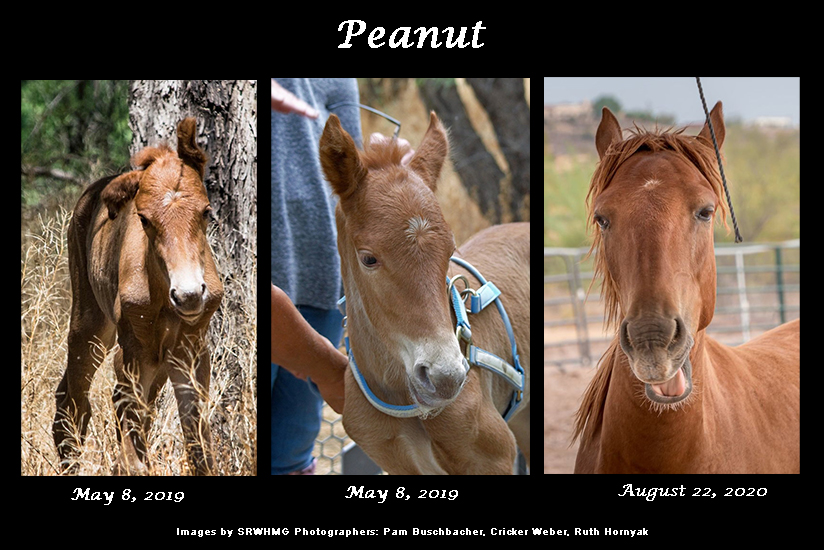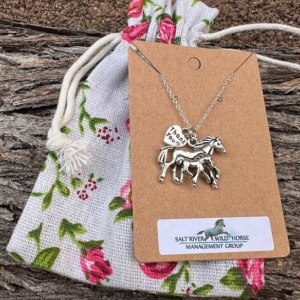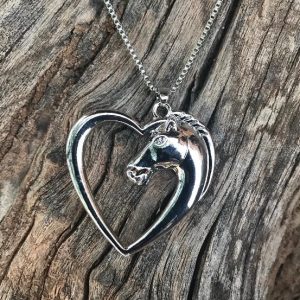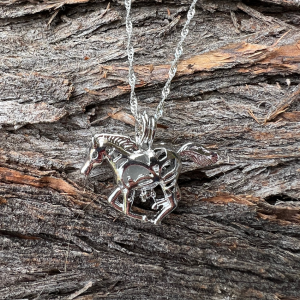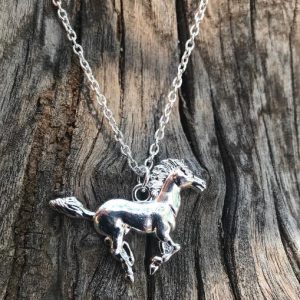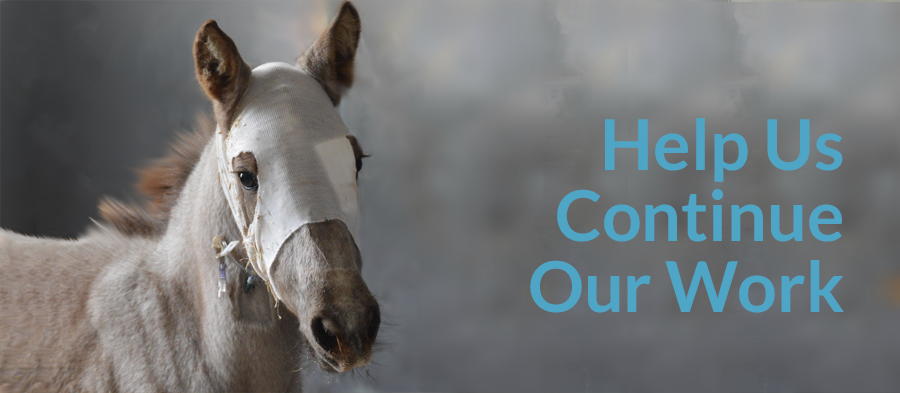The Salt River wild horses are the historic and majestic creatures roaming the lower Salt River in the Tonto National Forest in Arizona. They are the pride of the community, a favorite subject of photographers and the icon of the wild, free spirit of Arizona and the American West.
These wild horses were brought into the limelight during our epic battle for their protection; we, the Salt River Wild Horse Management Group sounded the alarm and together with the public, we gave them a voice. We worked with Congress and we worked toward positive solutions with Federal and State governments. It worked; while almost gone forever, today the Salt River wild horses are protected pursuant to Arizona Revised Statute 3-1491 (aka the Salt River Horse Act) and we now manage this herd humanely under contract with the AZ Department of Agriculture (AZDA).
This partnership between the federal government, the state government and a Non Governmental Organization (NGO) is a one of its kind and our groundbreaking program is finding the balance between it all. Yet it is not all good news for Arizona wild horses.
